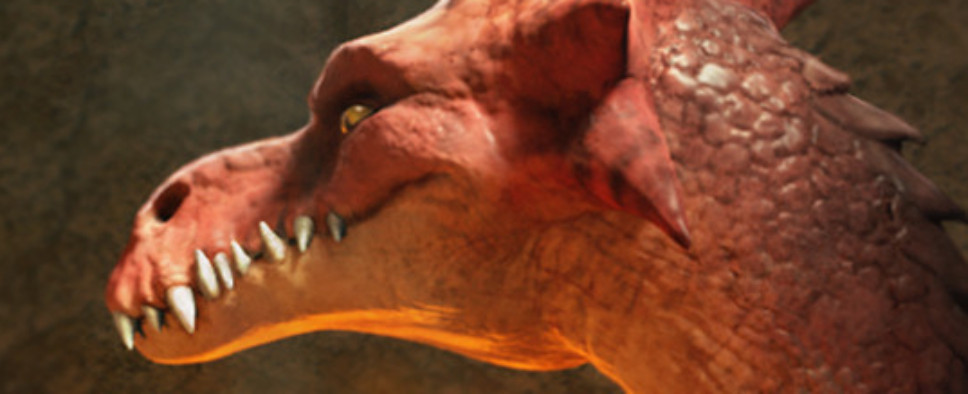Jeff Vogel at GDC - Innovation and Creativity
-
Category: News ArchiveHits: 1648

During this year's Game Developers Conference, Spiderweb Software's founder Jeff Vogel offered some advice to aspiring video game developers using his own, 24 years and counting, career as an example. You can find an abridged transcription of his talk over at GameIndustry.biz. Having produced such RPG series as Avernum, Geneforge, and Avadon, Vogel advocates incremental progress, focusing on what works for you, not getting complacent, and getting enough sleep, which is quite sensible. An excerpt:
"Video games are young," Vogel stressed. "Nobody knows anything. We're still scrambling to figure out, 'How do we design these things? How do we create these things? How do we test these things? How do we sell these things? How do we market these things? How do we add loot boxes to our $100 million project without causing it to blow up on the launch pad?'"
Vogel framed his talk as a walk through his personal career in game development, including the creative genesis of his very first video game project.
"It didn't take me long," Vogel said. "I came up with an idea. I loved these games as a kid, so what I'm going to do is I'm going to go to every single game I liked as a kid, and steal the single best idea from every one. And in my crasftsman way, I'm going to amalgamate them into what I hope is a cohesive and satisfying whole."
He added, "Indie games are great for innovation. I love innovation, but innovation is not the only path. You must remember that every single one of us stands on the shoulders of giants. I looked at what I liked to play and I copied it. That is my creative process."
He implored other developers in the audience to find a creative process similarly personalized to their own needs.
"This is going to sound like artsy fartsy, 'Oooo, follow your bliss, man!' advice, but no, it's not," Vogel insisted. "It's very hard-nosed, practical advice, and I'll tell you why."
As Vogel sees it, most people think about their careers in game development on a scale of one to five years. And for someone just starting out, that may seem like a reasonable thing to do. But it also helps to consider what happens when you consider trying to make a full career in indie game development, stretched across 40 years or more.
"That's a long time," Vogel said. "If you're going to work for that length of time, you're going to be operating at a peak level of efficiency--because you need to in this business--you need to create a life, a mindset, a process that is not going to rub at you. Because if there's something rubbing at you, something that's putting you off your feed? Over the next 40 years, it is going to rub you down to a nub."
Vogel's process wasn't just amalgamating other people's good ideas. He also set his quality threshold at the only level better than good: good enough. His formula for sequels was to look for the worst 25% of the previous game and work on improving that. He is "merciless" about reusing assets, code, and engines, and insisted that developers should never let anyone shame them out of being cheap. He estimated that he used the same wolf icon in 15 different games.
"People make fun of me for it all the time, but I am also still in business," Vogel said.

